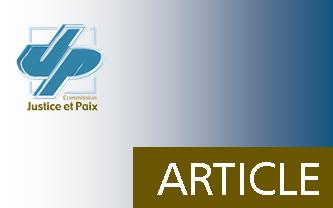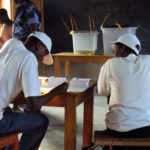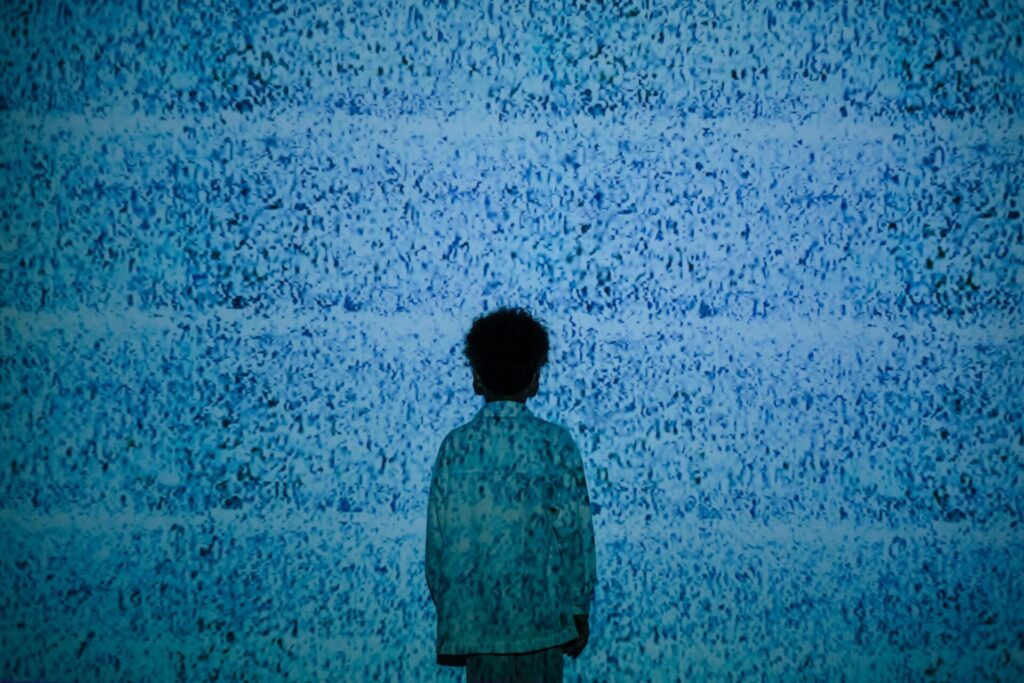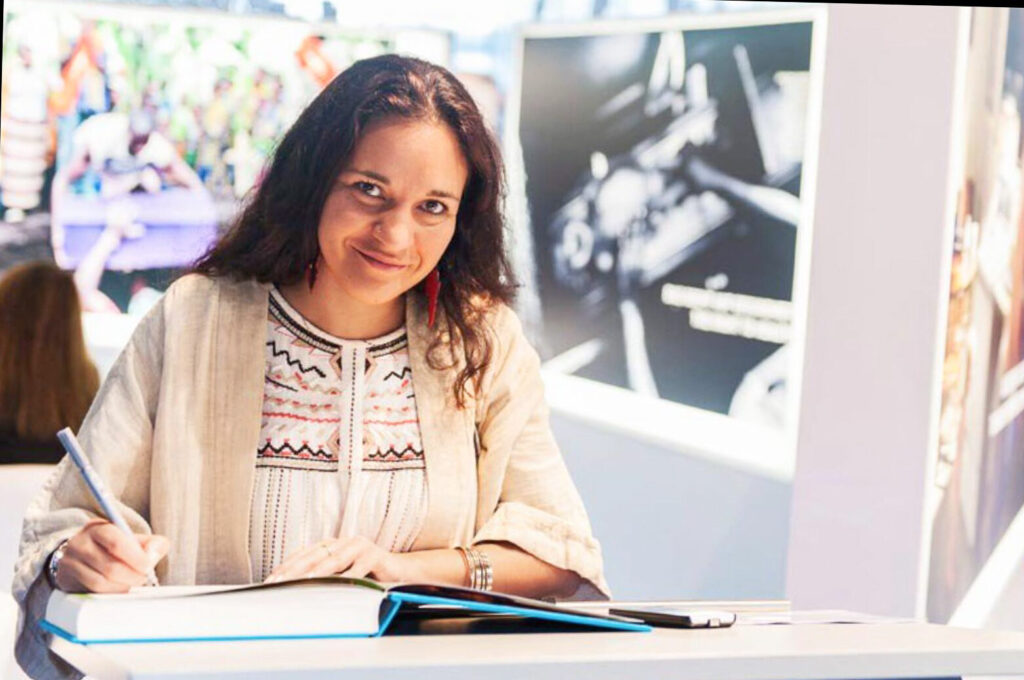It is a crisis of democracies that Burundi and Congo are experiencing. And, if the international community does not maintain special attention to this region of the world, the latter risks bursting into flames. Justice and Peace requires a strong political voice from our representatives.
 Central Africa must remain a priority for Belgium. Non-compliance with local Constitutions and violations of fundamental human rights must be recorded and disclosed in order to allow individual and collective sanctions of those responsible. If the local population's cries for help are not heeded, the region risks burning down. And we know to what extent Belgium is linked to this region of the world, not only by our historical links but also by the number of members of the diaspora who are our fellow citizens. Beyond an act of solidarity, political action by Belgium is a responsibility.
Central Africa must remain a priority for Belgium. Non-compliance with local Constitutions and violations of fundamental human rights must be recorded and disclosed in order to allow individual and collective sanctions of those responsible. If the local population's cries for help are not heeded, the region risks burning down. And we know to what extent Belgium is linked to this region of the world, not only by our historical links but also by the number of members of the diaspora who are our fellow citizens. Beyond an act of solidarity, political action by Belgium is a responsibility.
- by protecting, as a first priority, the local population who find themselves isolated. Let us recall that, last January, the African Union gave up sending a peacekeeping force there and preferred an observer position;
- by facilitating the start of a real dialogue, facilitated by a legitimate and credible African Union. This implies, among other things, making this dialogue completely inclusive, that is to say in the presence of representatives of the political and/or armed opposition taking into account the context and circumstances at the origin of the current crisis, this which the current President refuses to this day. This also involves addressing the issue of political prisoners;
- en exigeant de l’état burundais le respect des droits humains et en permettant ainsi le retour des réfugiés, dont les responsables des ONG et associations locales ayant fui pour assurer leur sécurité. Car une des questions lancinantes qui se posent aujourd’hui est : qui reste-t-il au pays ? Et que peut-on encore dire ? À ce sujet, relevons le courage des défenseurs des droits humains restés au pays ainsi que du collectif de journalistes « SOS médias » qui, dans l’ombre, avec du matériel très basique et au dépens de leur vie, continuent à assurer une information accessible via Internet mais donc principalement accessible aux élites et observateurs internationaux. Relevons également que l’Église catholique au Burundi, par mesure de prudence, se prononce moins publiquement depuis le mois de mars (l’équipe de Justice et Paix à Bujumbura a fait l’objet de menaces de mort et une partie de ses membres a dû fuir le pays) mais essaie de maintenir un dialogue avec les autorités. Il est également important d’insister sur lla nécessité pour la Belgique et l’Europe de bénéficier des témoignages de nos partenaires locaux. Malheureusement, faire venir des membres de la société civile burundaise est devenu un vrai parcours du combattant tellement la crainte d’afflux de réfugiés a compliqué la procédure d’obtention de visa.
- A diplomatic avenue for our European countries would be to work on a dialogue with Angola, currently considered an allied country of Burundi and an essential player due to its military and economic strength. Although he himself pays little attention to democratic issues, the risk of seeing the region ignite could encourage him to play a positive role with Burundi and Congo.
- that Joseph Kabila respects constitutional deadlines and organizes the elections. On this subject, a petition [6]Currently more than 1300 signatures collected coordinated by volunteers from the Justice and Peace Commission of Walloon Brabant shows to what extent the Congolese diaspora, among others, remains attached to the principle of alternation in power;
- that political and military leaders involved in human rights violations be individually held responsible for their actions, thus opening the possibility of criminal sanctions;
- that resolution 2277 adopted on March 30 by the United Nations Security Council (for a way out of the country's crisis) be respected and that the national dialogue can be accompanied by the international community with a view to allowing transparency and 'independence.
Attachments
Notes[+]
| ↑1 | On this subject, see the interview with Justice et Paix on RTBF on December 14: https://www.justicepaix.be/Burundi-crainte-d-une-guerre-civile . |
|---|---|
| ↑2 | Local civil society has recorded the cases of nearly 813 people who died between April 2015 and May 2016. |
| ↑3 | See the UNICEF press release of November 2015 regarding children in Burundi: http://www.unicef.org/french/infobycountry/media_86267.html |
| ↑4 | IMF in 2015 |
| ↑5 | As a reminder, article 70 of the Constitution says that “The President of the Republic is elected by direct universal suffrage for a five-year mandate, renewable only once. At the end of his mandate, the President of the Republic remains in office until the effective installation of the new elected President” was interpreted on May 11, 2016 by the Constitutional Court which would allow the President to remain in power and thus to legitimize the slippage of elections. |
| ↑6 | Currently more than 1300 signatures collected |
| ↑7 | Conference organized by Justice and Peace in Liège on May 20, 2016. See also Lallemand, A (May 19, 2016). Kinshasa Papers: Congo also likes offshores. The evening : https://www.justicepaix.be/Les-societes-offshore-la-face-cachee-du-pillage-des-ressources-en-RD-Congo-1215 |
| ↑8 | https://www.justicepaix.be/Democratie-en-Afrique-subsaharienne-depasser-les-certitudes-occidentales |







